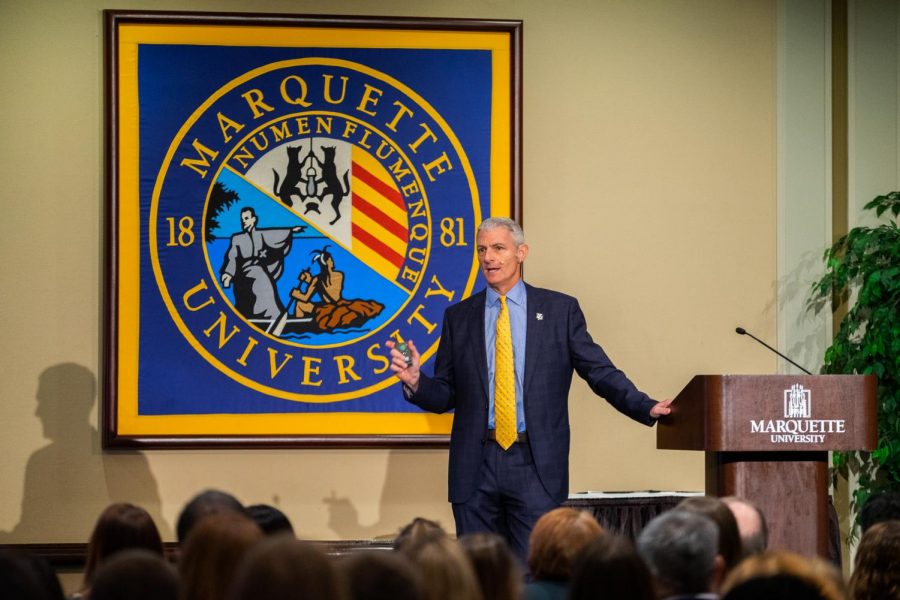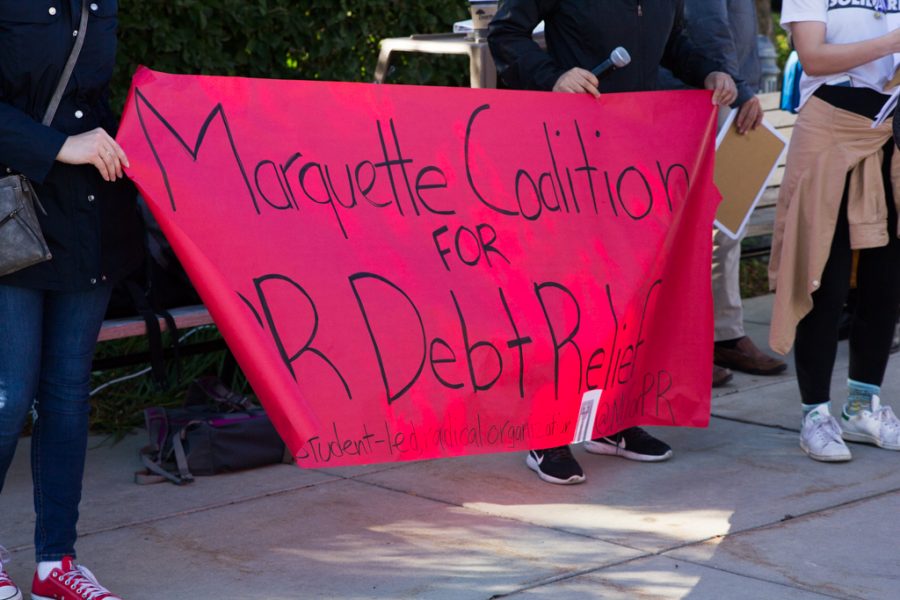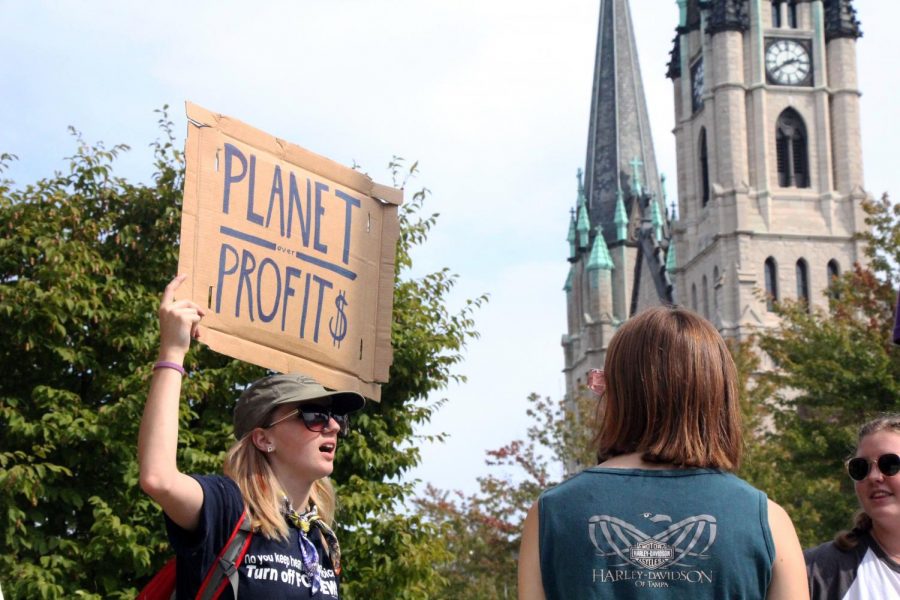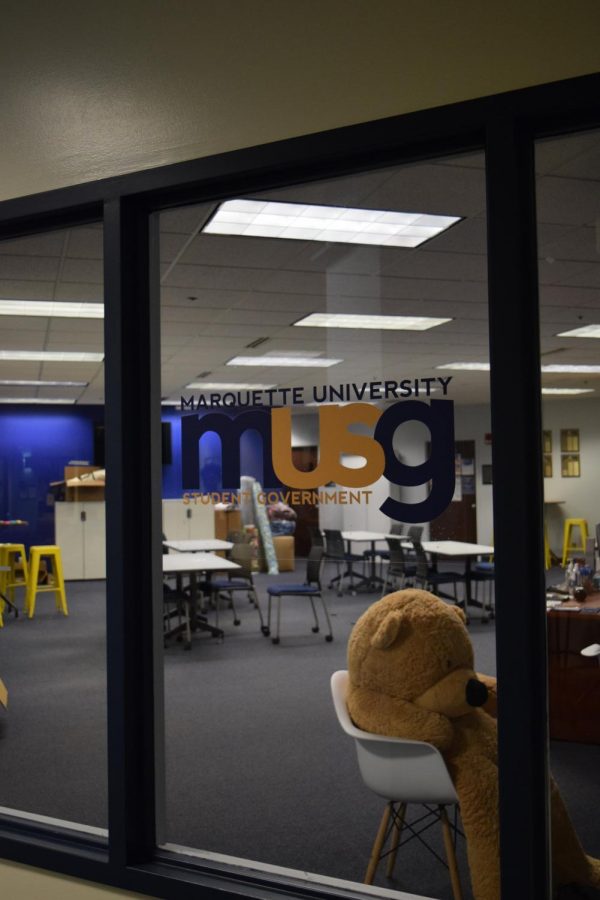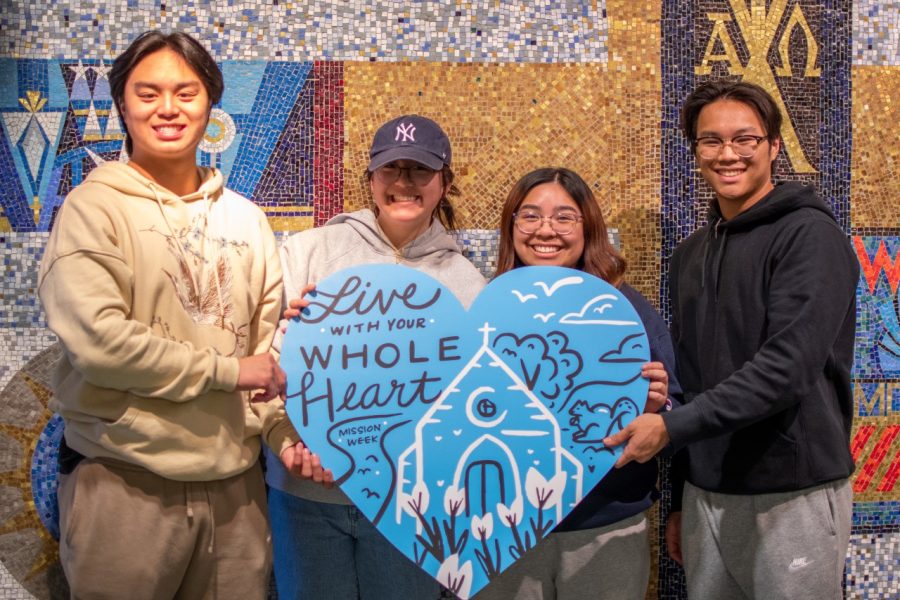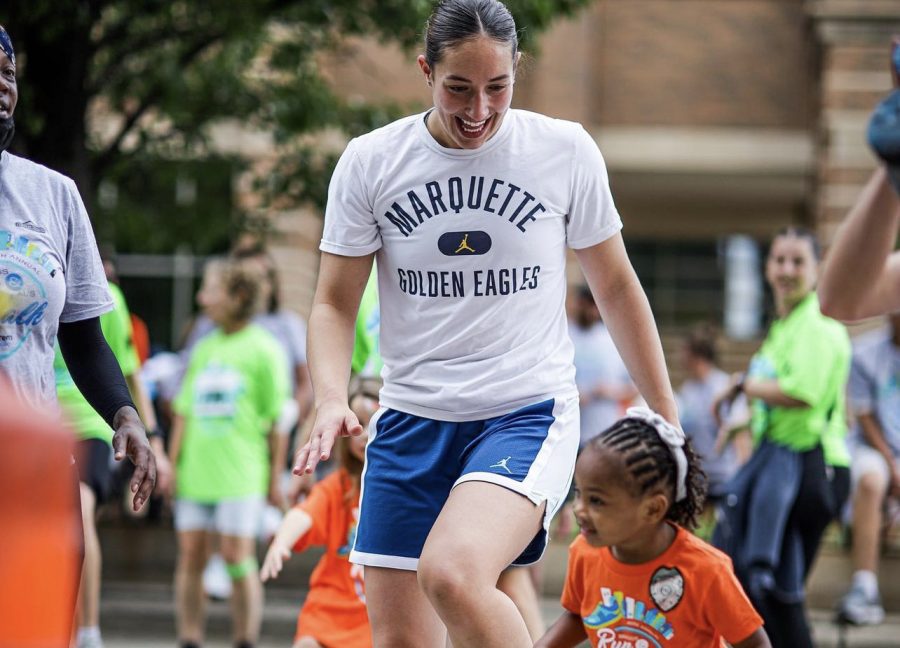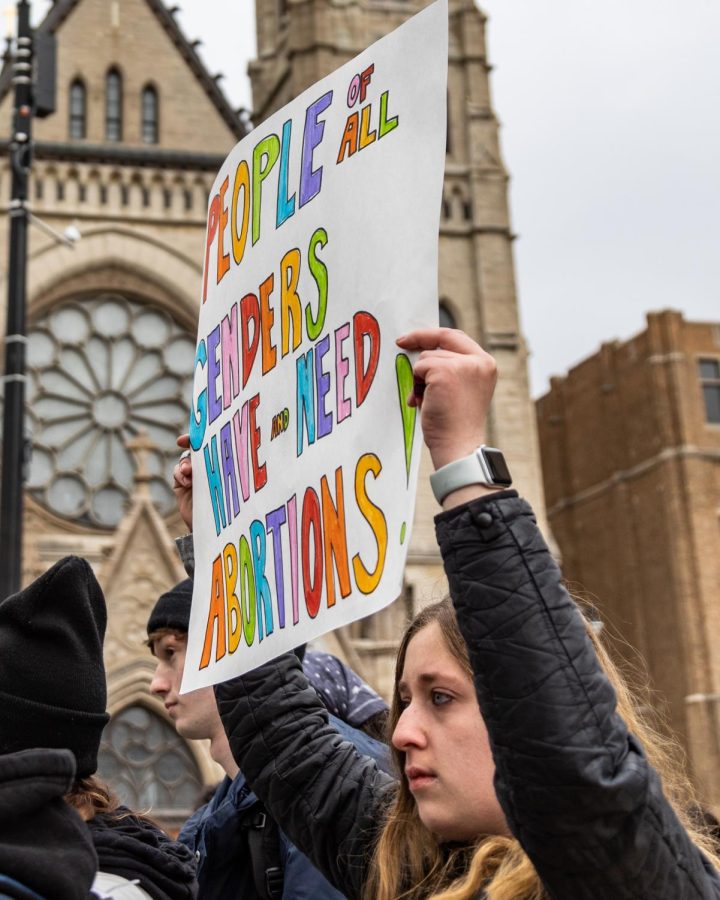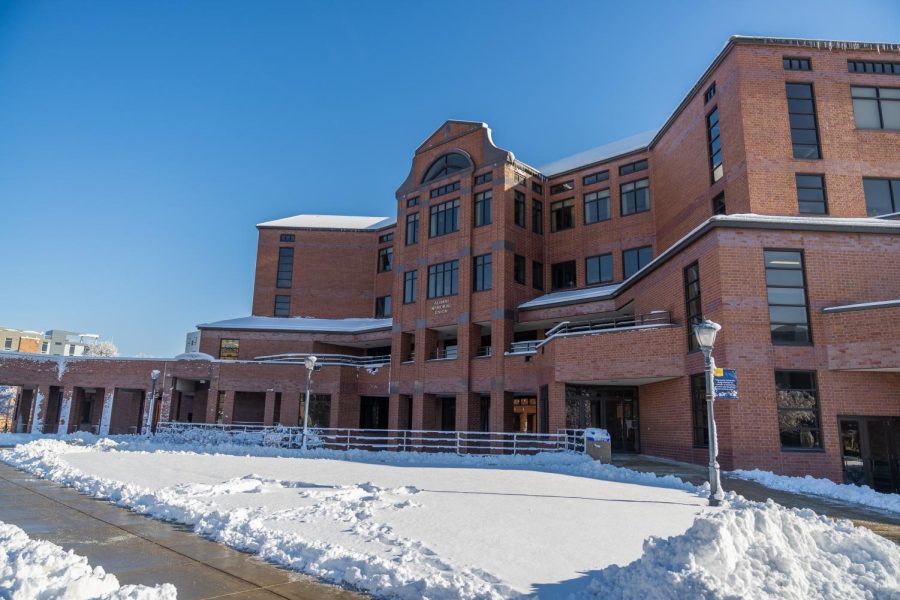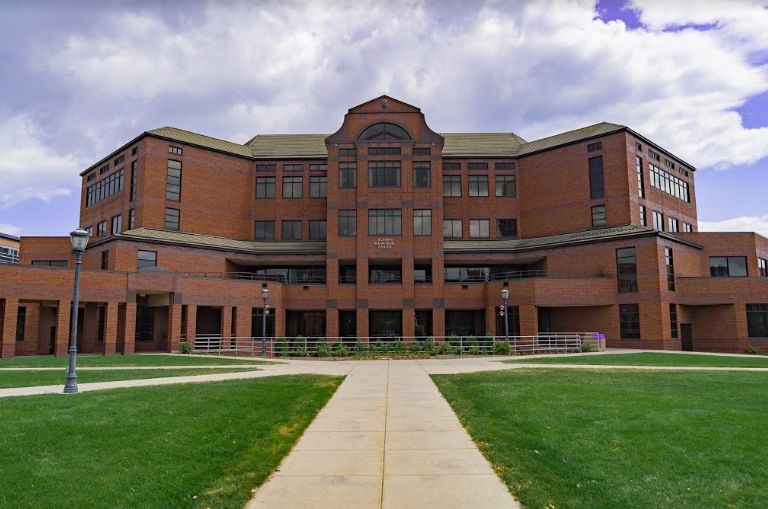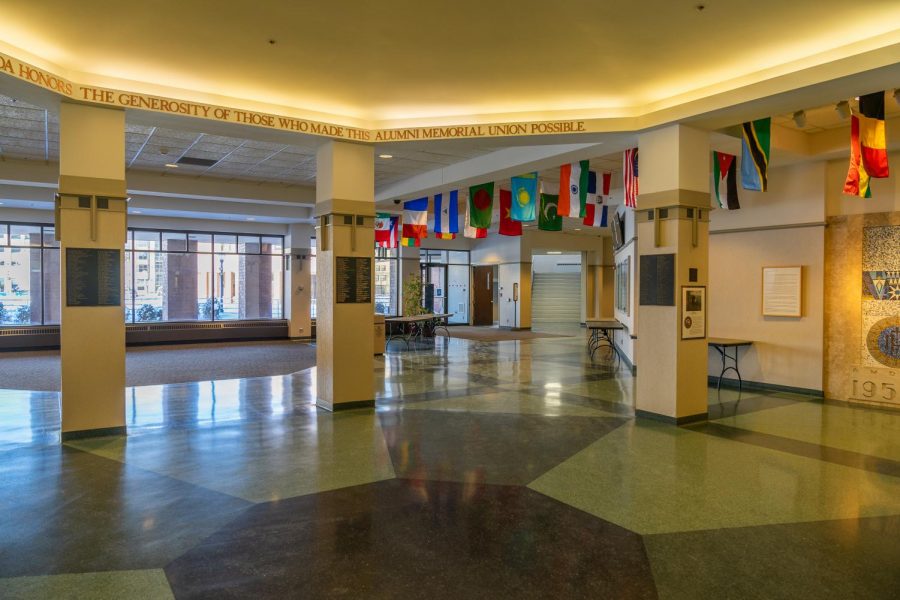University leaders deny students and faculty the ability to “Be the Difference” when they fail to intentionally act in response to concerns from community members.
Students met with university officials in 2018 to discuss the university’s investment in Baupost, a hedge fund that owns nearly $1 billion in sales tax bonds of Puerto Rico’s debt.
In an audio recording provided to the Marquette Wire from that meeting, former provost Dan Myers and current University President Michael Lovell claimed they knew little about the university’s investments.
While it can be expected that university leaders do not have extensive knowledge of all university investments, they should prepare to have effective conversations with students in planned meetings. They should have also followed up after the meetings to demonstrate a commitment to gathering further information on the matter and considering future actions.
Students expressed frustration with the meeting’s outcome. Hannah Badeau, a College of Arts & Sciences alumna, said she felt officials at the meeting did not want to hear what the students were saying and avoided meeting with them.
University leaders have a responsibility to listen to community members’ concerns in a meaningful way. Beyond this, they must take steps to address these concerns. Acknowledging a problem is much different than working to resolve one.
Officials should welcome dialogue among students, staff and faculty to strengthen the campus community. Failing to provide outlets to express issues will break trust in the university and willingness to engage with members of the administration.
When students protested Sept. 20 in front of Zilber Hall against climate change and the university’s demonstration policy, they attempted to deliver a letter to university leaders asking them to divest itself from oil extraction and Baupost.
A receptionist told the students that leaders were not in the building at the time. It was a Friday afternoon.
The students were turned away, unable to meet with leaders. They returned the following Monday to deliver the letter. Once again, the receptionist informed the group that both Lovell and Kimo Ah Yun were out of the building. The students waited for 45 minutes in the Zilber Hall lobby before dean of students Stephanie Quade came downstairs to meet with them.
Students who express issues with the university should not be avoided or turned away. They should be taken seriously by the people who shape their experience on campus.
While students have the opportunity to meet with Lovell at “Breakfast And Lunch With The President” and share a meal with Ah Yun at “Lunches with the Provost”, they have to prior submit matters they want to discuss, which are susceptible to change or dismissal. These lunches do not provide sufficient space for students to begin a discussion with university leaders about substantial concerns.
Aside from students, another unrecognized group is the non-tenure track faculty and graduate student workers who are working to unionize. These workers believe a union will provide them with better pay and working conditions.
The university has not recognized the group’s efforts, despite Ah Yun meeting with the group last spring after public pressure from rallies in April and May.
Thomas Hansberger, a lecturer in the College of Arts & Sciences, said Lovell has avoided appointments and meetings and has not come to meetings in the past. Meetings with administration have stopped, he said.
Marquette community members should not have to protest in order to be addressed by university leaders, and university leaders should not meet with groups only after such demonstrations. Although public pressure may go away, community members and their apprehensions do not.
University leaders must make deliberate efforts to bridge the gap between the broader Marquette community and the administration. They should create a more efficient avenue for community members to communicate with officials about concerns, such as holding open meetings or town forums. From this, leaders can develop proactive solutions that could improve the university.
If university leaders want community members to “Be the Difference,” they have to provide genuine support and prioritize spaces to hear student and faculty voices. They have to engage in difficult and sometimes uncomfortable conversations to address issues.
If students didn’t care about Marquette or the community, they would not be worried about improving it. The university needs to recognize student efforts and take concrete steps toward a better campus.

